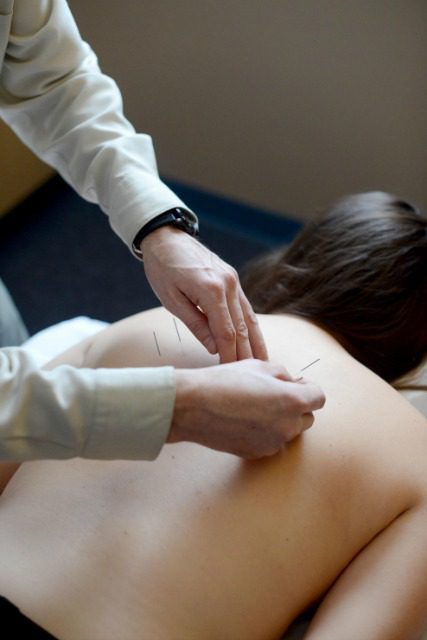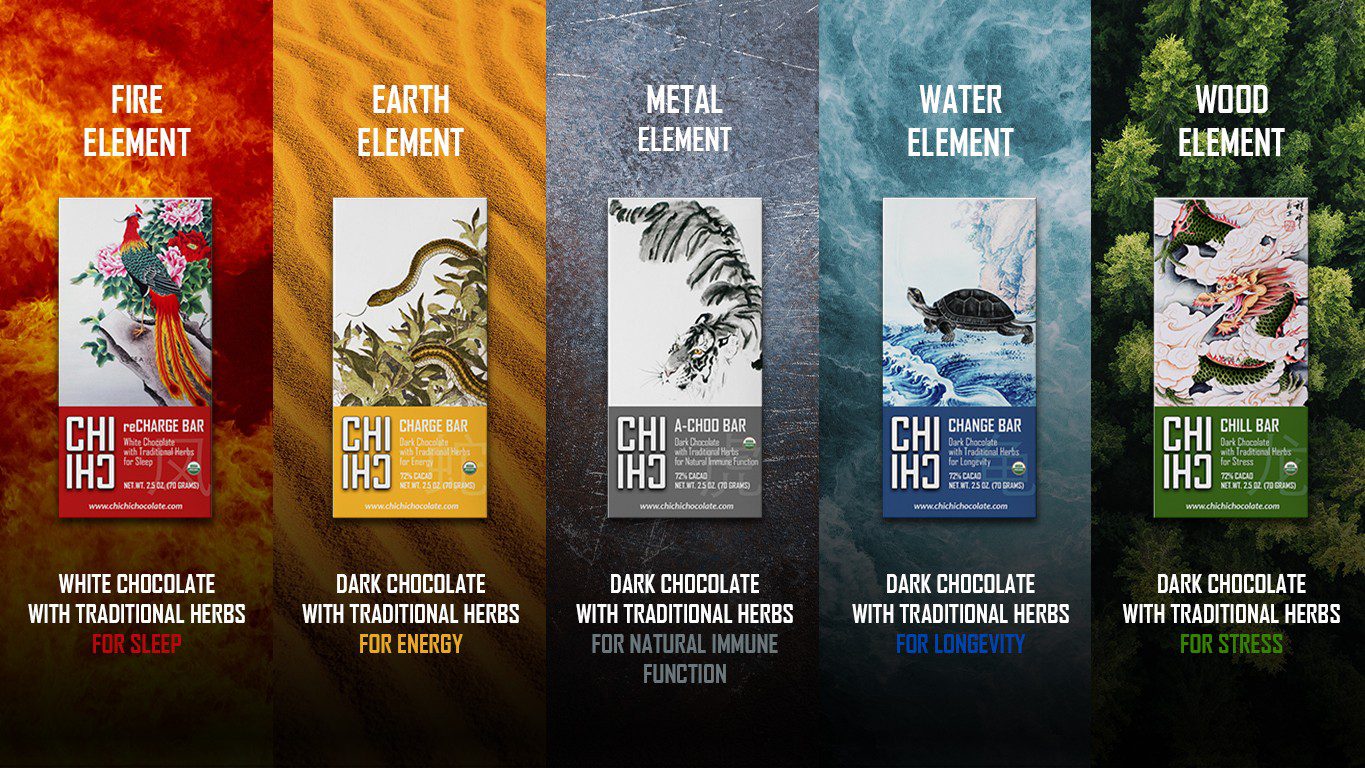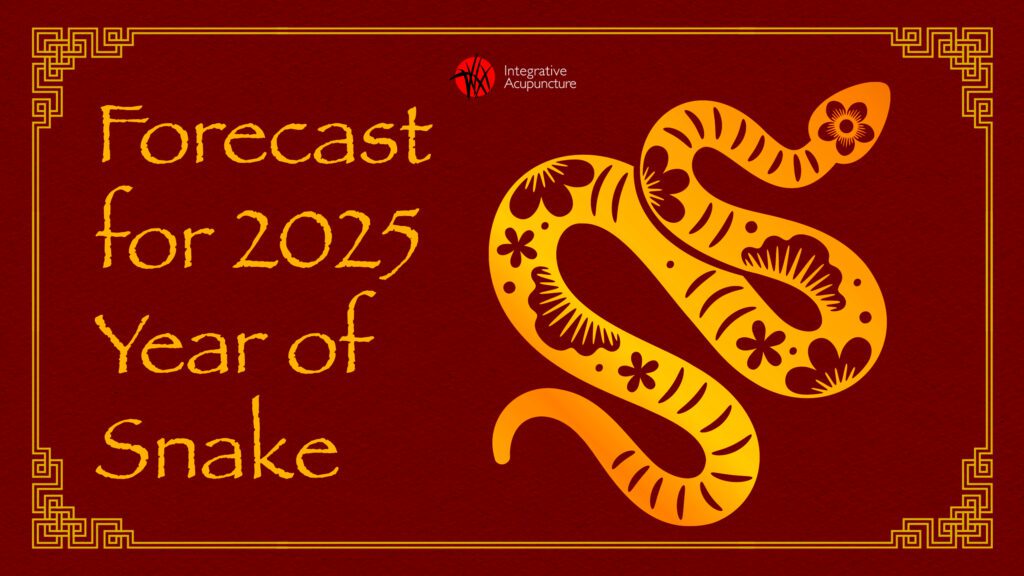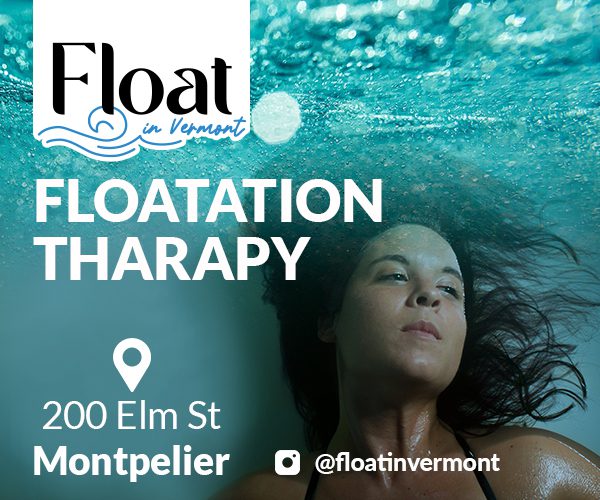Dry Needling
Have you heard of the term “dry needling”? As opposed to wet needling? Well not exactly.
Dry needling is a term used by Physical Therapists in the U.S. in reference to a technique that was first used by Dr. Janet Travell where she injected a saline solution via a hypodermic needle into tense muscles to cause a relaxation of muscles and reduction of pain. Over the years, technicians realized it was less about the saline (a.k.a. the “wet” part) and more about the needling, and could therefore be done without the saline (hence “dry” needling). They also realized the use of a large hypodermic needle, like the one we receive injections, was larger then necessary and began using smaller, filiform needles. The same needles used by acupuncturists.
A New Technique?
Well, maybe not. It turns out an identical technique has been used by acupuncturists for thousands of years! Surprise! Acupuncturists have used the term “ashi” for the same technique as dry needling to reduce pain. The “shi” part of the “ashi” term loosely translates to “ah yes” as in reference to “yup that’s the spot”, you know the spot you push hard on when you have pain. It’s often called a trigger point.
How Does It Help?
Dry Needling or Ashi Needling of Acupuncture has profound and often immediate effects.
1. Reduction of Pain
2. Increased Range Of Motion
3. Reduction of Inflammation
Find a Qualified Provider
Dry Needling is a technique that should be conducted by a provider adequately trained in the use of needles and management of pain. Physical Therapists in the states of California, Florida, Hawaii, Illinois, Kansas, New York, Tennessee and Washington are prohibited by their states rulings from offering dry needling. Vermont has yet to weigh in on the controversial technique to decide if physical therapists may practice dry needling with as little as a weekend training. Licensed Acupuncturists, are the most qualified professionals to be offering dry needling. They have over three years of training in needling techniques as well as national board certifications in the use of needles. The providers at Integrative Acupuncture in Montpelier and Williston are experienced at offering ashi needling for reduction of pain, increasing range of motion and reducing inflammation. Call us today!
Looking for a licensed acupuncturist outside of Vermont? Try www.nccaom.org for a list of nationally board certified acupuncturists all over the U.S.






